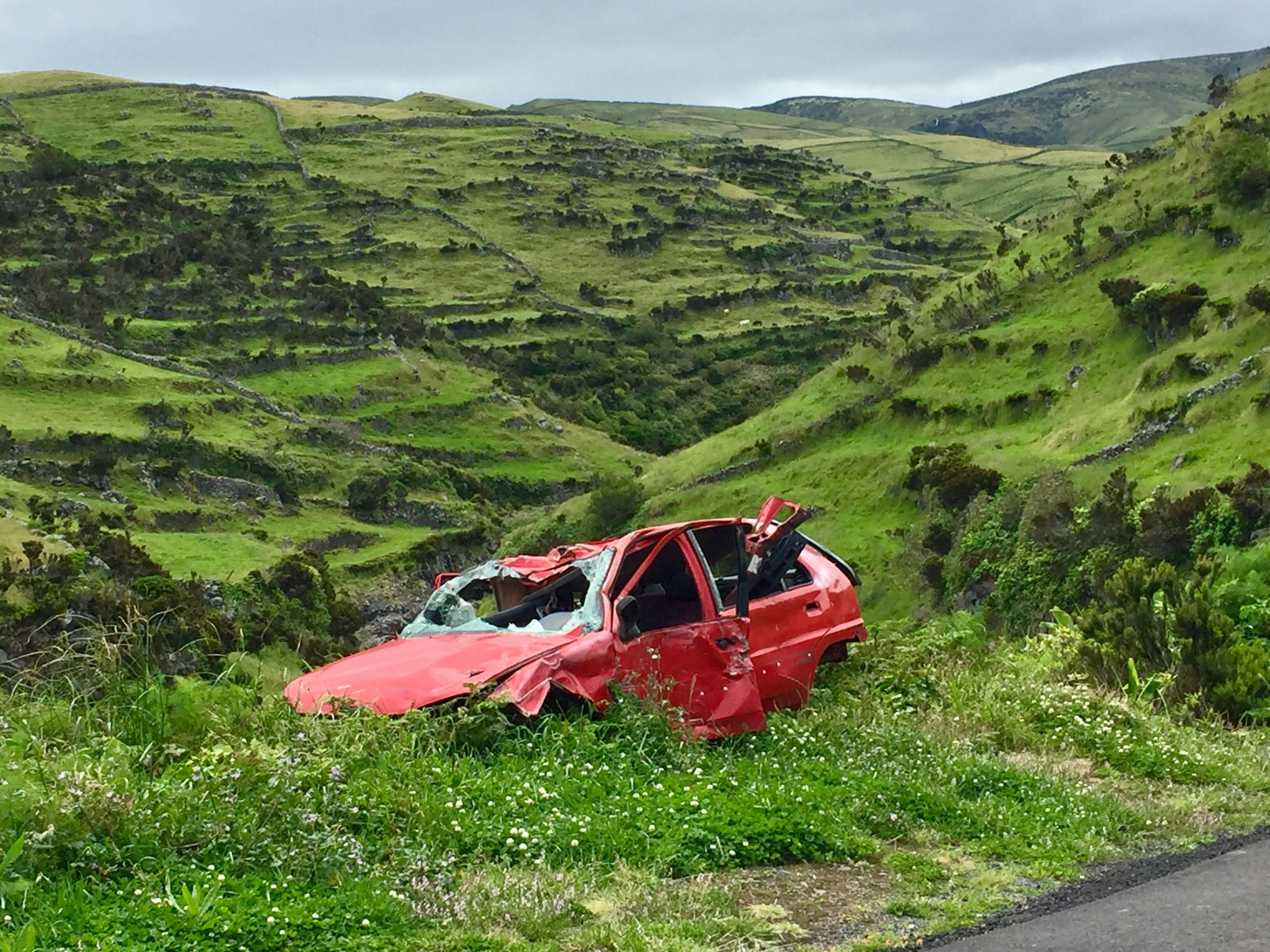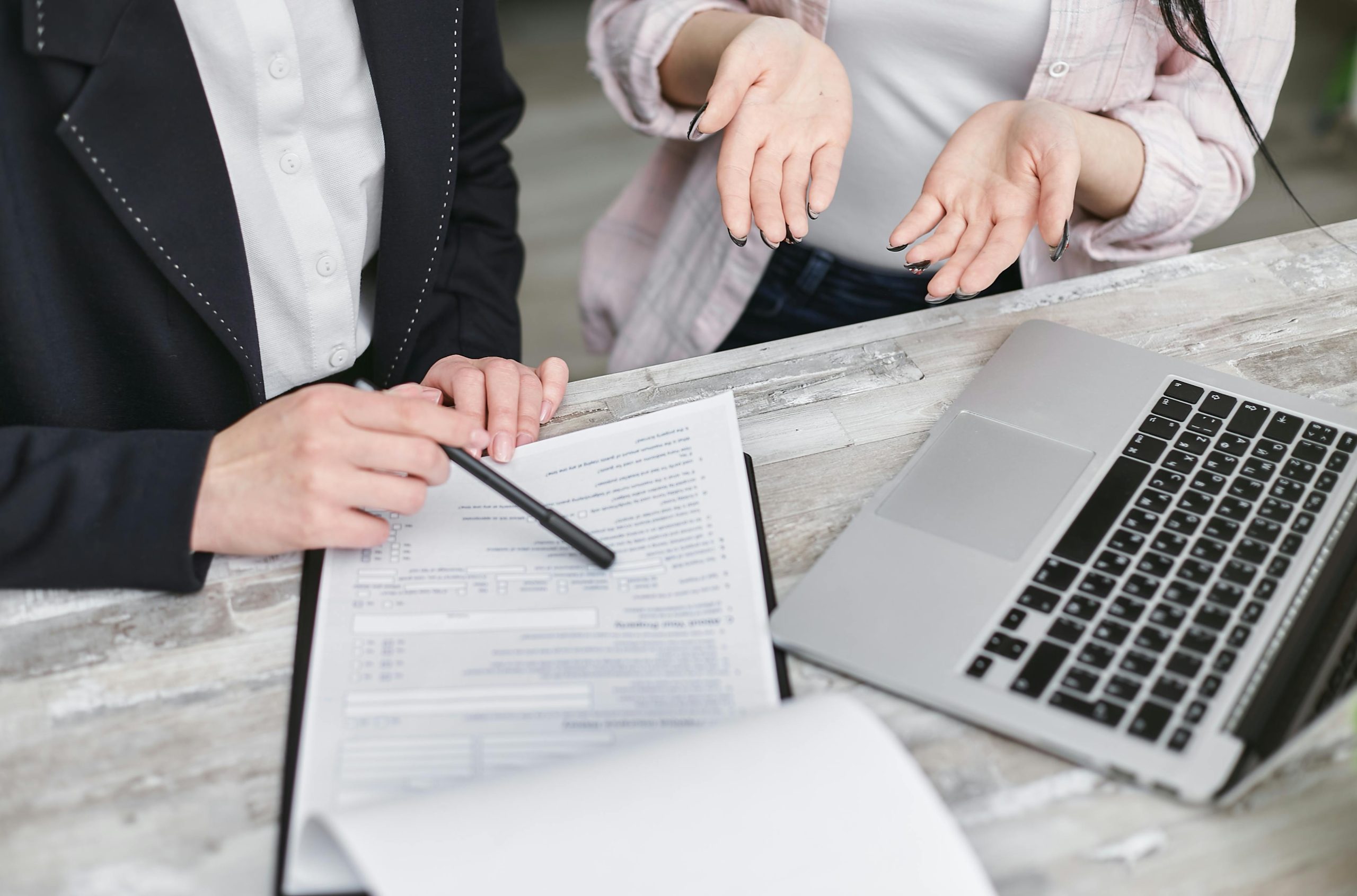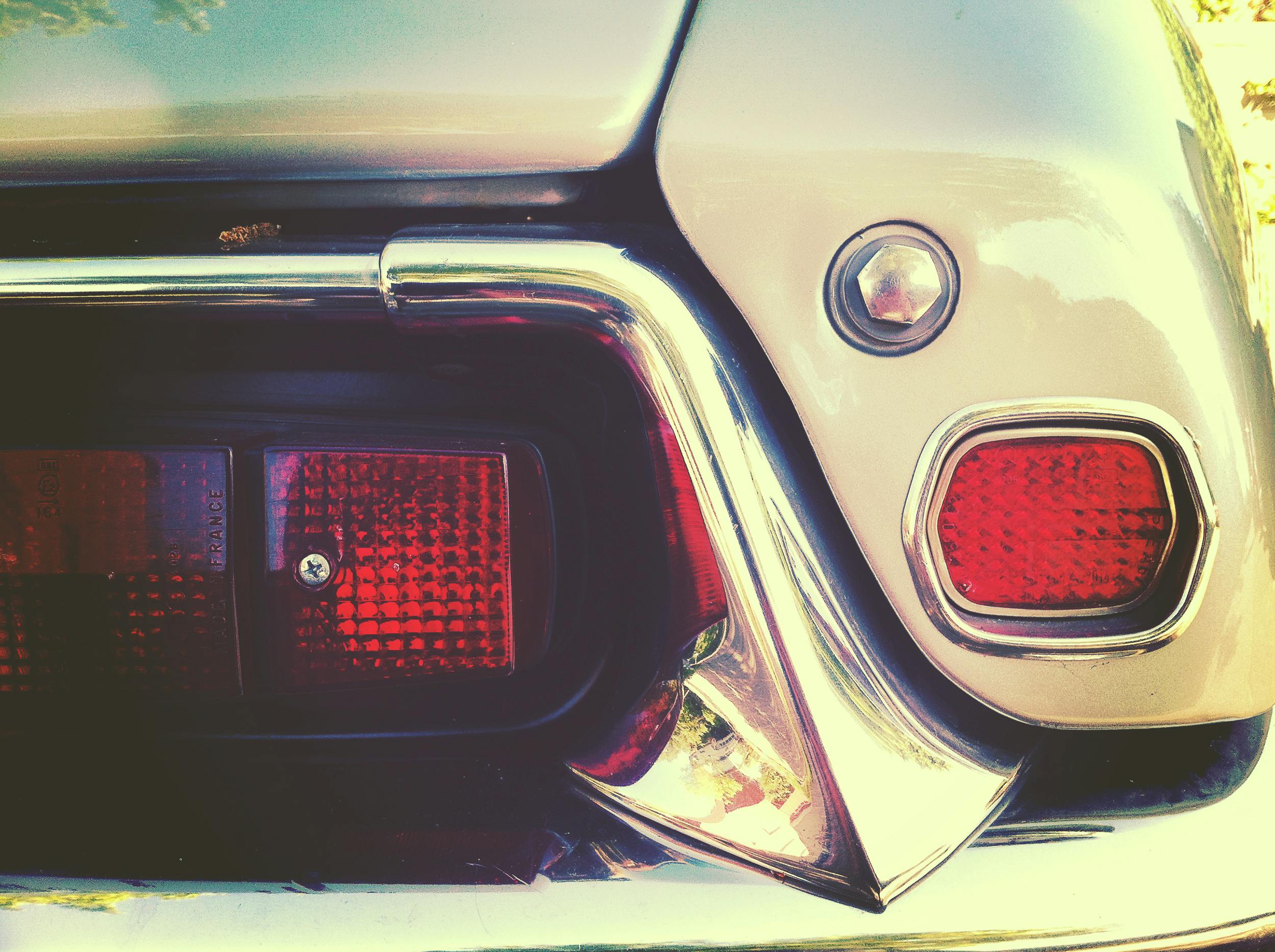Experiencing a car accident can be overwhelming, but it’s important to handle the situation methodically to ensure safety and protect your legal rights. Here’s a detailed approach:
Check for Injuries: First and foremost, assess yourself and passengers for injuries. If anyone is hurt, call emergency services immediately. Prioritize health and safety.
Move to Safety: If the accident is minor and the vehicles are operational, move them to the side of the road to prevent further incidents. If this isn’t possible, turn on hazard lights, and if available, use flares or warning triangles to alert other drivers.
Contact the Authorities: Even if the accident seems minor, it’s advisable to call the police. Having an official report can support insurance claims and potential legal proceedings.
Exchange Information: Gather necessary information from the other driver(s) involved, including:
Full name and contact details
Insurance company and policy number
Driver’s license and license plate number
Vehicle make, model, and color
Location and time of the accident
Document the Scene: Take photographs of the accident scene, vehicle damage, and any visible injuries. Note down details about the conditions of the road, weather, and lighting. If there are witnesses, collect their contact information.
Avoid Admission of Fault: While discussing the accident, avoid admitting fault or apologizing as this can be used against you later. Stick to factual statements when providing details to police or other parties.
Notify Your Insurance Company: Report the accident to your insurance provider as soon as possible. Provide them with all the collected information and be truthful about the incident.
Seek Medical Attention: Even if you do not have visible injuries, consider visiting a healthcare professional. Some injuries may manifest symptoms after the initial shock wears off.
Consult a Legal Professional: If there are injuries, significant damage, or disputes regarding fault, it might be wise to consult with a lawyer specializing in car accidents. They can guide you on the legal implications and help you navigate complex insurance claims.
Keep a Record: Maintain a comprehensive file of all documents related to the accident, including police reports, medical records, correspondence with insurance companies, and repair receipts.
By following these steps, you’ll be better equipped to handle the aftermath of a car accident, safeguarding both your physical well-being and legal standing.



